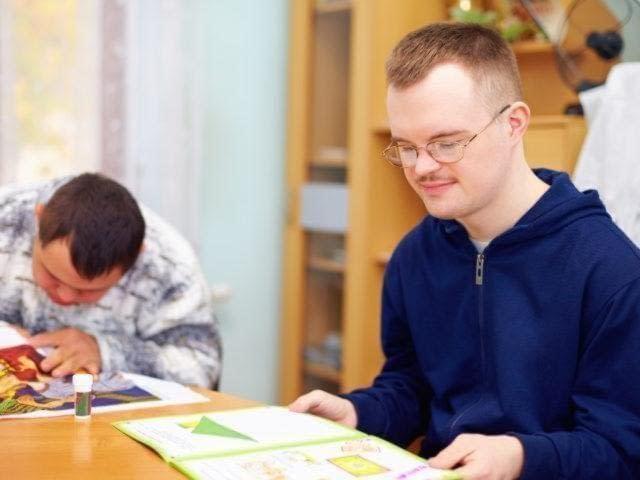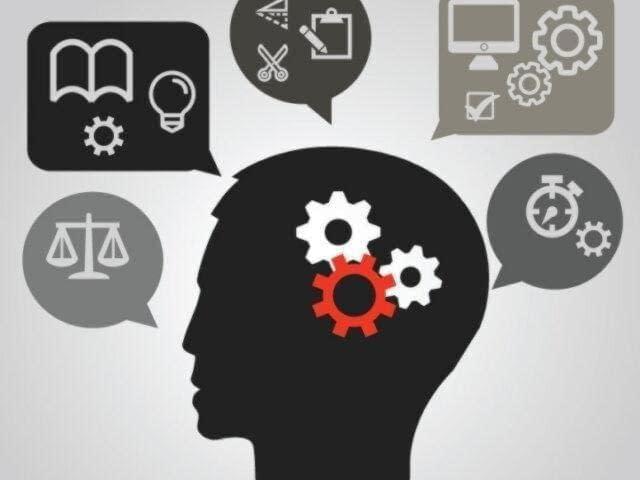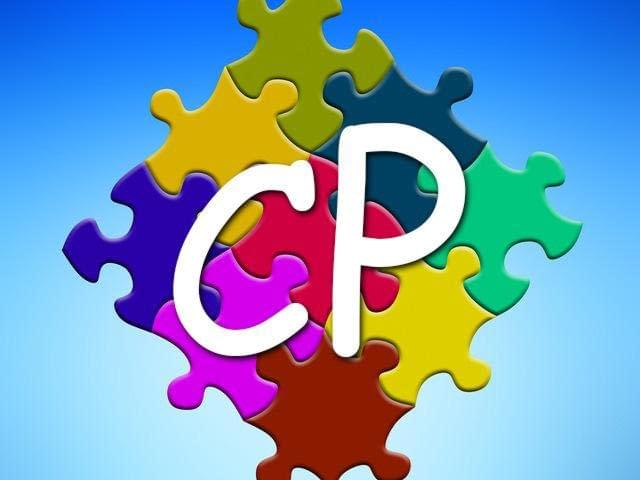What is a neuropsychological evaluation? The difference between psychological and neuropsyhological evaluations A standard psychological…

Intellectual Disability
Intellectual disability, formally referred to as mental retardation, is a medical term. Until recently, a diagnosis strongly depended upon an IQ score, and then to some degree, adaptive functioning (e.g., daily life and self-care skills). The severity depended upon the IQ score itself. For instance, an IQ ranging from approximately 50 to 75 was mildly impaired, IQ ranging from about 35 to 50 was moderately impaired, and IQ scores lower than 35 was considerably severely to profoundly impaired. However, IQ scores are not always available due to limited language abilities, problems following directions, difficulties completing motor tasks, poor cooperation, emotional/behavioral challenges, and significantly impaired attention.
Currently, a diagnosis of intellectual disability is based on three domains: conceptual, social, and practical. The conceptual domain can be comprised of an IQ score, but other factors such as learning and academic achievement, language skills, as well as basic problem-solving abilities are emphasized. The social domain examines the individual’s ability to function socially including capacity for relationships, social judgment, make socially appropriate decisions, communicate with others, etc. The practical domain relates to the individual’s ability to be functionally independent surrounding self-care (e.g., hygiene, dressing, etc.), daily life skills (e.g., household tasks, completing homework, etc.), and mobility (i.e., ability to get around & complete tasks). For adults, employment, driving, shopping, managing schedules and appointments, and financial responsibility are important factors. In order to qualify for an intellectual disability, deficits in ALL three areas must be present. The degree of severity depends upon the level of impairments in these areas, and would be part of a comprehensive evaluation from a doctor.
In general, children with intellectual disabilities, even those with mild presentations, exhibit behavioral, emotional, and social difficulties. However, with support and treatment, many are able to progress in their learning, and can lead productive and happy lives. Interventions (e.g., therapy) often help to improve functioning and can teach the child effective coping strategies. Therapies include developmental, behavioral, and emotional support. Speech/language and occupational therapies, and if needed, physical therapy are often recommend for children with intellectual disabilities.


